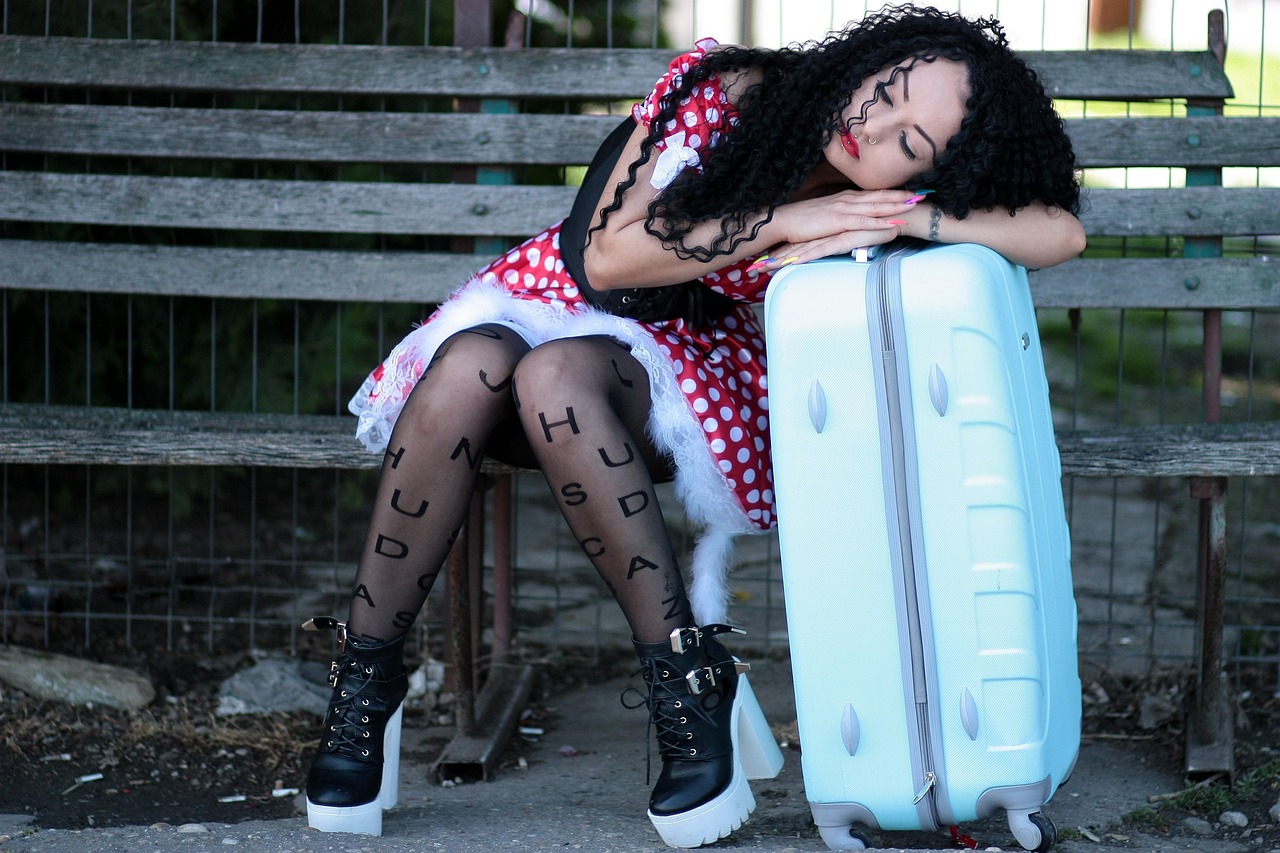Attachments
Note: Not all attachments are visible to the general public. Research URLs will go live after the embargo ends.

Journal/
conference: PLOS Computational Biology
conference: PLOS Computational Biology
Research:Paper
Organisation/s:
PSL University, France
Funder:
Author ET was supported by grants ANR16-CONV-0002 (ILCB), ANR-11-LABX-0036 (BLRI)
and the Excellence Initiative of Aix-Marseille
University (A*MIDEX) (ET). Author DP was
supported by grants ANR-22-CE28-0023-01, ANR19-CE28-0019-01, and ANR-17-EURE-0017.
Author TA was supported by a Human Frontier
Science Program Long-Term Fellowship
(LT000362/2018-L). The funders had no role in
study design, data collection and analysis, decision
to publish, or preparation of the manuscript.



 International
International


